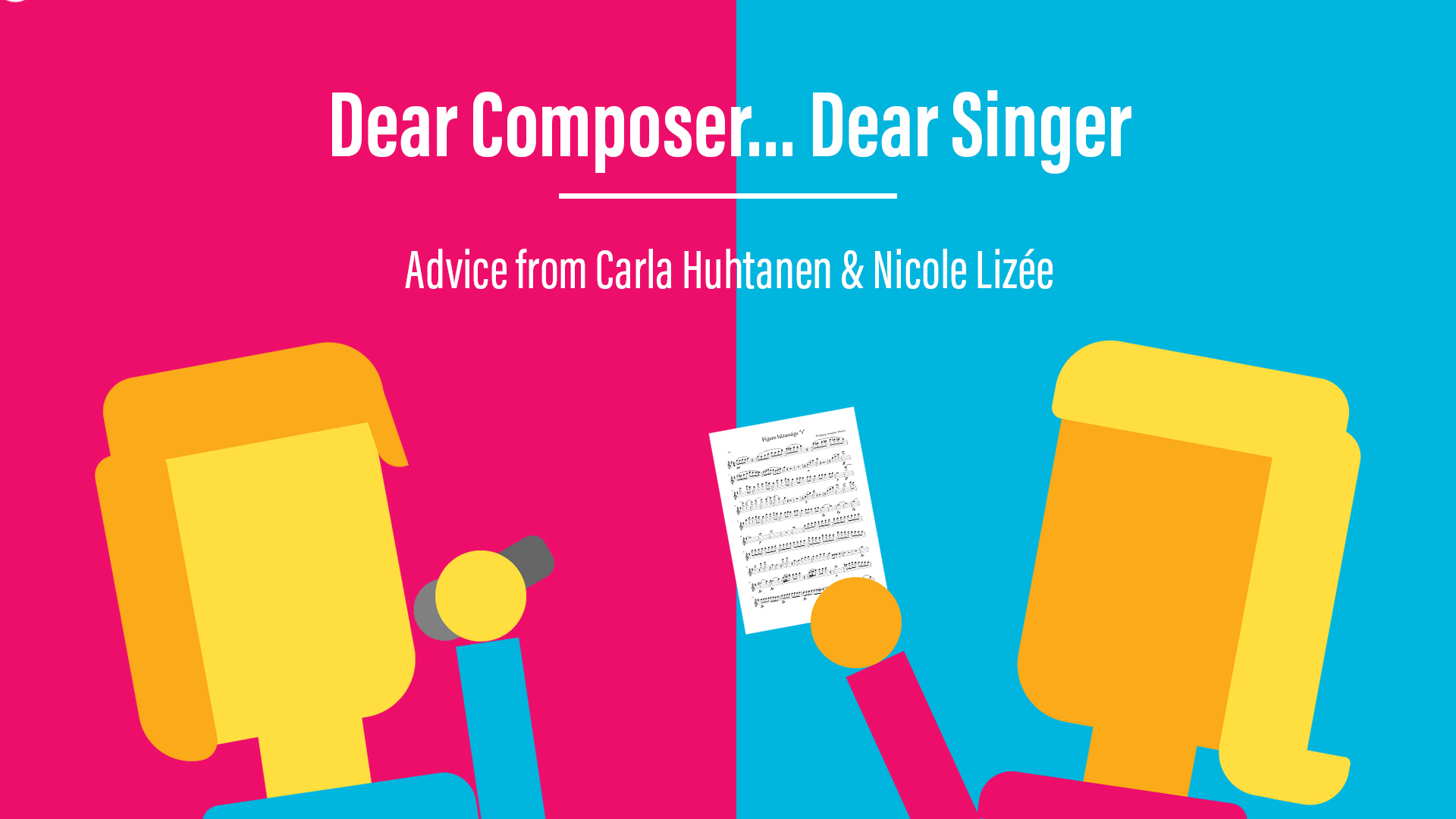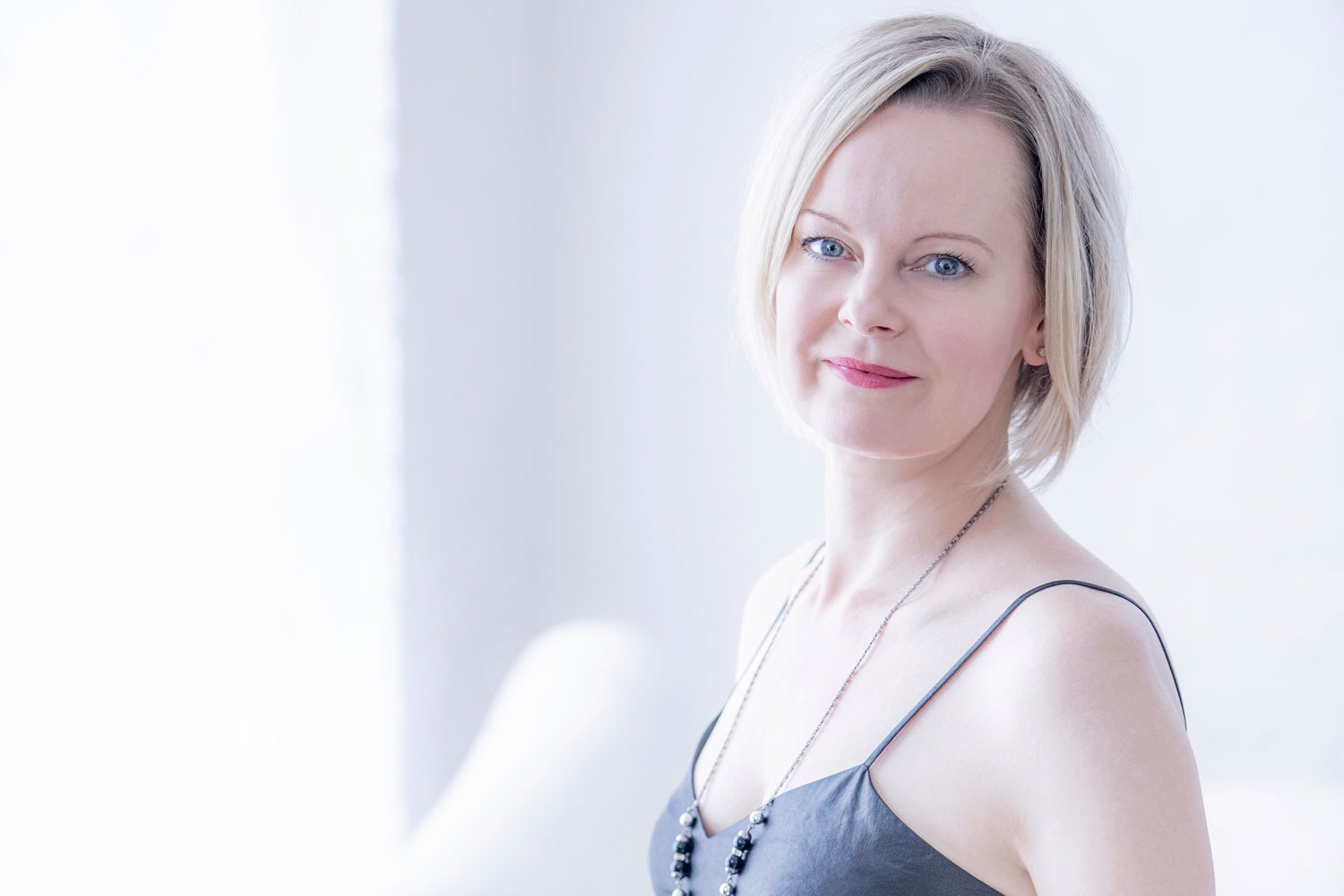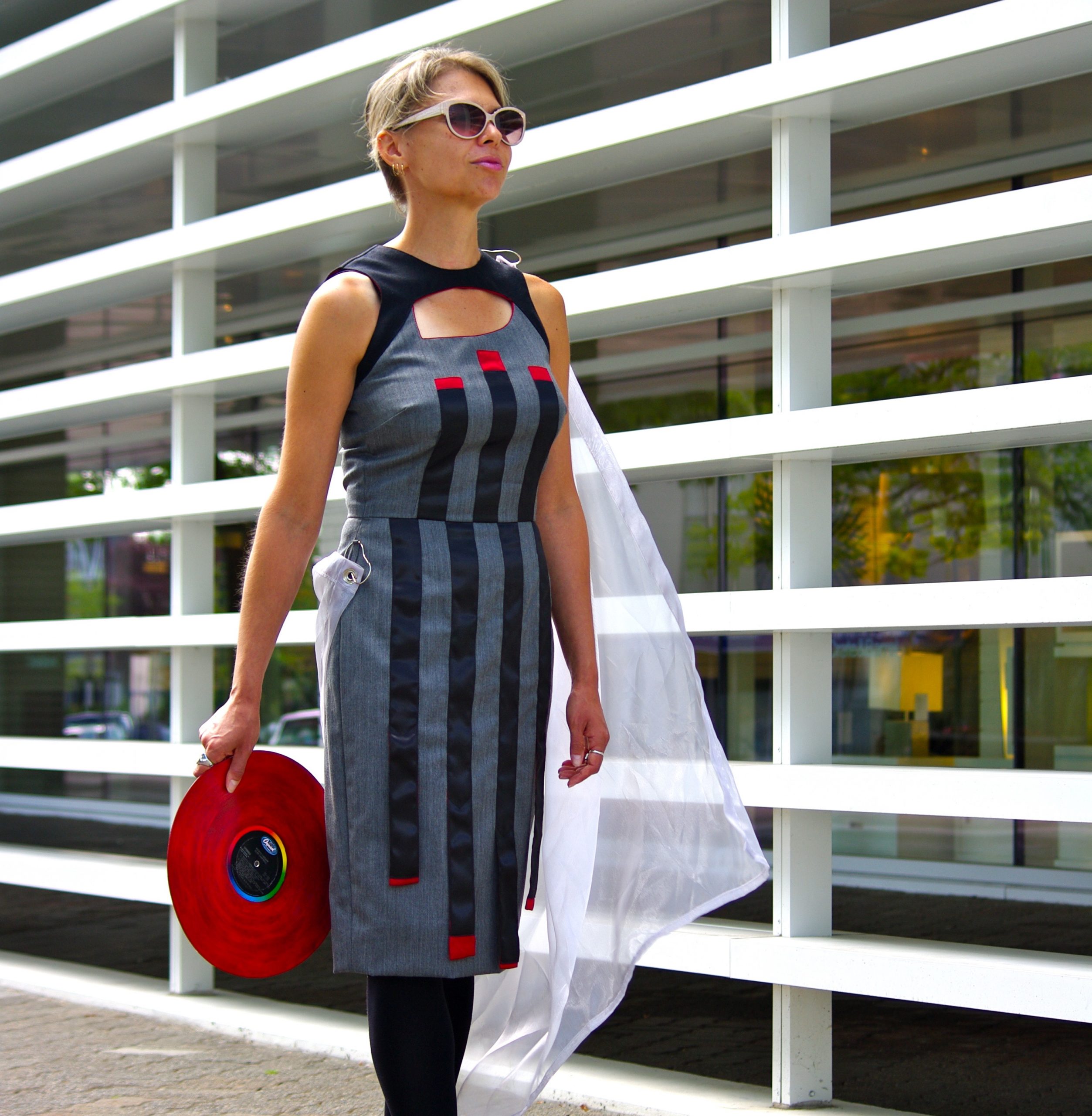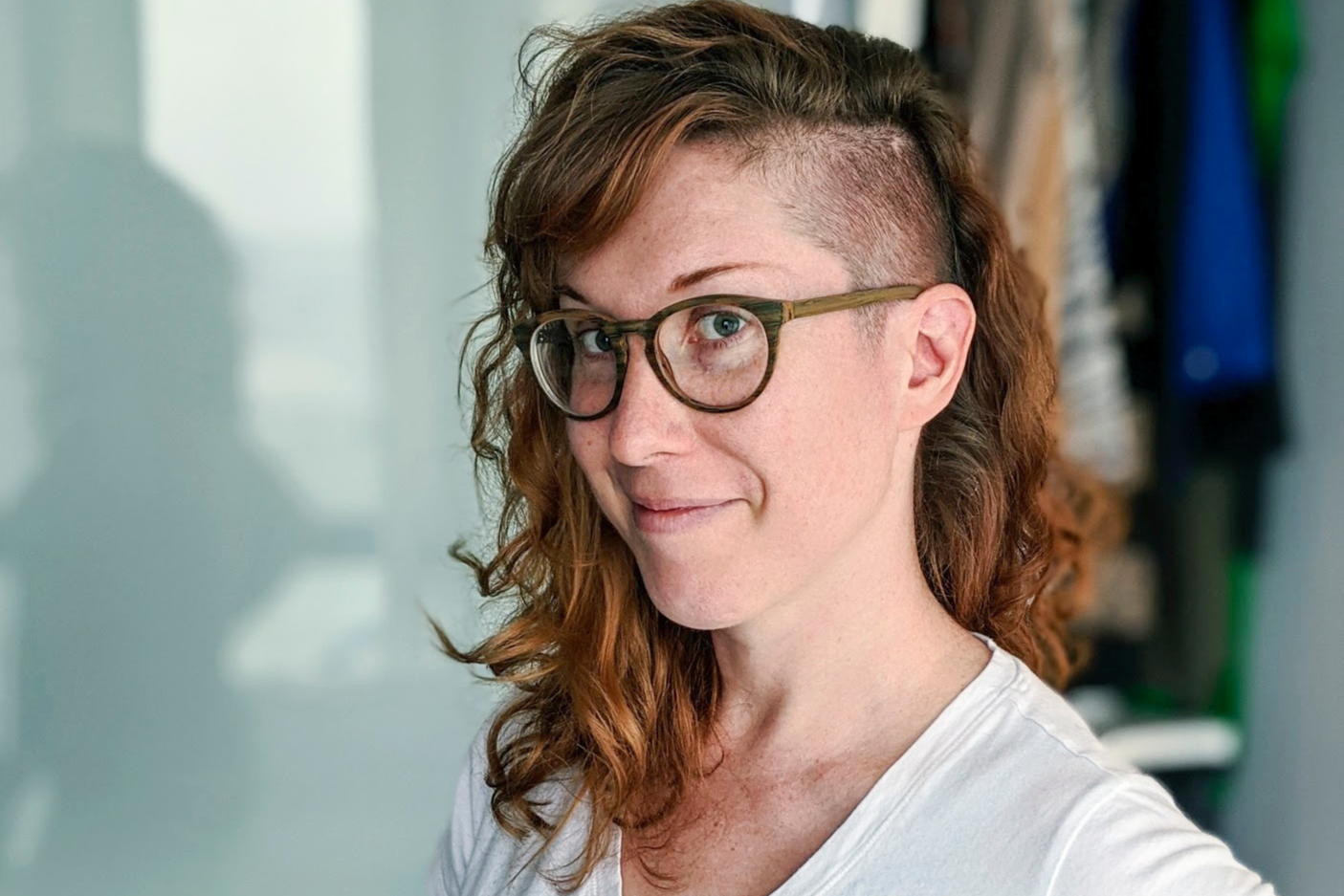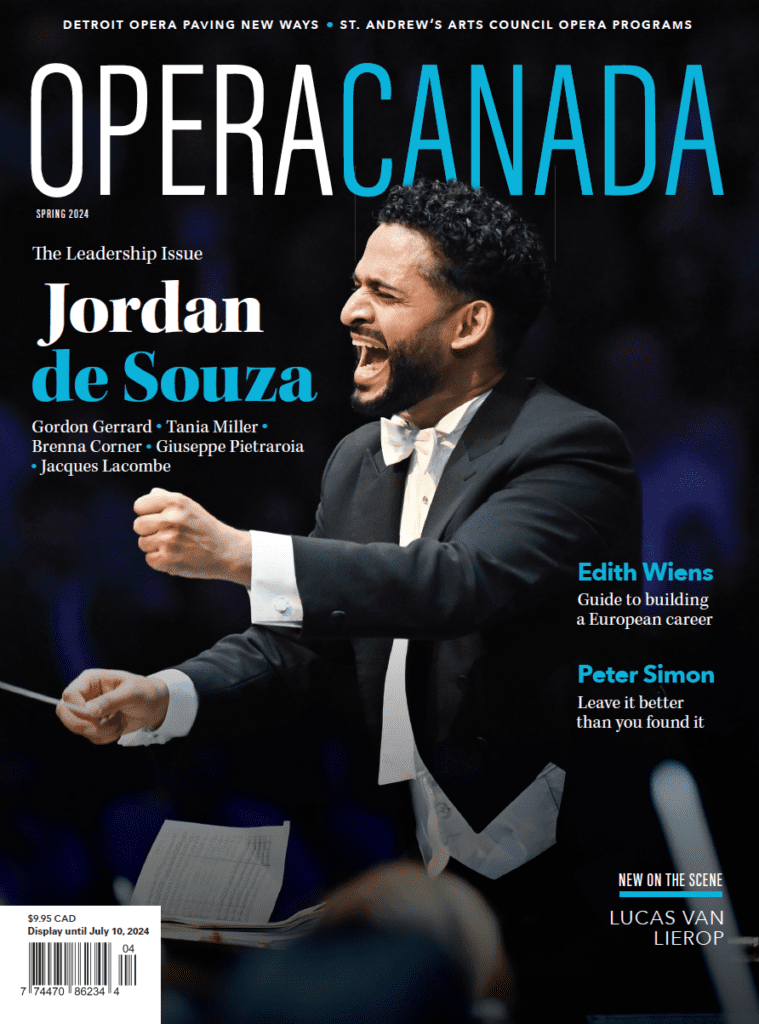When you really think about it, the communication between an opera composer and an opera singer is a bit odd: each artist has spent years honing their very specialized craft, and they come together when it’s time to do something extra-specialized – create a new opera. In reality, it’s rare for a composer to fully understand how a singer uses their instrument, and it’s equally rare for a singer to grasp the process of writing new music. We’re continuing our series of Dear composer…Dear singer, our composer-singer advice series, with some wise words from soprano Carla Huhtanen and composer Nicole Lizée:
What do singers wish composers understood better about the voice?
Carla Huhtanen: “Through years of working with composers (and singing their music written for me), the same questions would arise time and again. I decided to create a workshop for composers called Composing Your Voice, to bring composers and a singer into the same room for an open discussion between our disciplines. Of all the topics considered, here are the most ubiquitous ones in my experience as singer and listener (in no particular order):
- “Tessitura. Knowing how your piece ‘sits’ in a singer’s voice will help the expression of your sounds and words. Each singer is unique and often has an area of their voice where they can exploit particular timbres and other areas where text may be lost. Use the extremities of the range for effect, not the bulk of the piece.
- “Text-setting. Setting closed vowels in upper registers become modified as singing a pure ‘eeeeeee’ or ‘uuuuuu’ requires us to close/tighten our mechanisms more than open vowels do. No singer will want to squeal out ‘pleeeease belieeeeve meeee!’ in the high range and sound shrill and thin. They will sing ‘plaaahs bahlaaahve maah’. If text is important to you, use the high register for high emotion rather than a relentless, monochromatic slog.
- “Language stress/accent. Set languages that you are comfortable in. Speak the text yourself to understand the inflection of each syllable, word, phrase and entire work.
- “Timbre. How would someone with a heavy, dramatic voice sound singing your piece of silvery coloratura with sudden shifts and pianissississimo dynamics? How would a lighter voice sound in long and loud passages or in the midst of large brass and low strings? Orchestration factors into this as well.
“Composers have also voiced their concerns about these points to me, so I feel they’re a good starting point for discussions, with a ton of repertoire to analyze before writing even starts. ‘Writing to suit your singer only makes your own voice stronger’, I always say.”
What do composers wish singers understood more about learning and interpreting new music?
Nicole Lizée: “My aesthetic revolves around integrating elements that may initially seem disparate – i.e. glitch, malfunction, error, synchronizing with constantly shifting soundtracks to meld with characters on screen, etc. I look to capture and celebrate error to evoke an alternative kind of emotion when merged with live performers. The glitch becomes a true chamber music partner. I want to create synergy, not incongruity. It’s not a random juxtaposition – but rather, together, we are creating an alternate universe.
“When performers first see scores of my glitch pieces the first reaction can be one of horror. Only once they jump in and ‘go down the rabbit hole’ with me does it start to make sense. The glitches need to be absorbed. I sometimes compare it to Seth Brundle’s teleporter in The Fly – the performer and the ‘disparate elements’ go into the teleporter together and become fused at the other end. In the past few years I’ve been extending this idea a great deal to vocal writing and opera. When it involves the human voice it takes on a whole new dimension.
“Glitch and malfunction for the voice can seem at odds; it’s technically demanding. But in the end it’s a more beautiful pairing. But this is all due to the performance. I guess I would want singers to know that without them and their incomparable skill set and endless modes of expression, it’s incomplete. The singers are essential for this to take place. We need to go down that rabbit hole together.”

